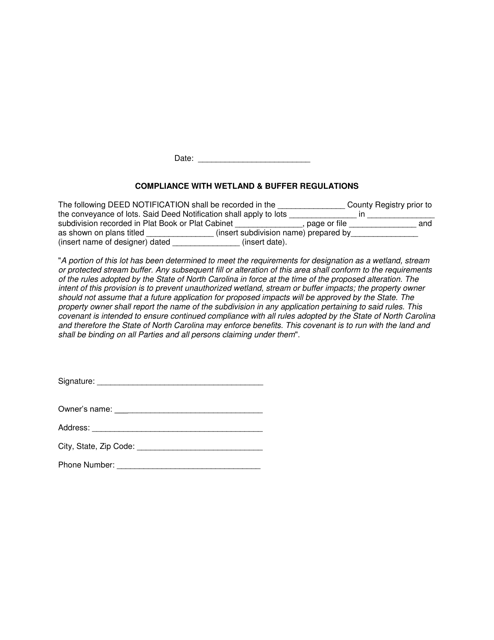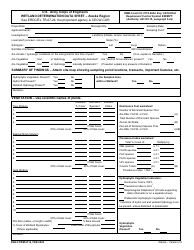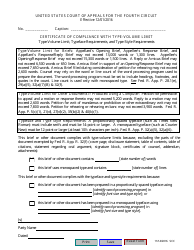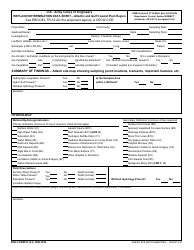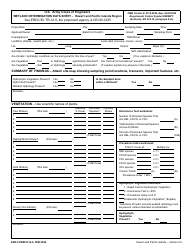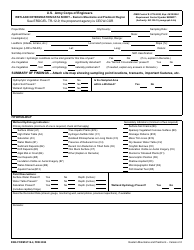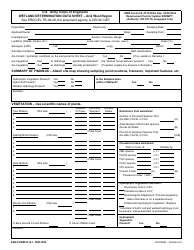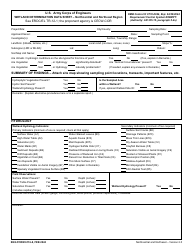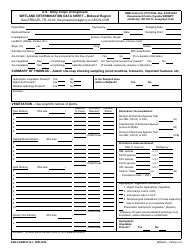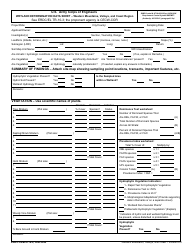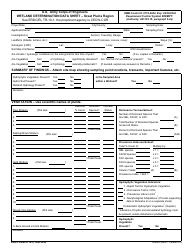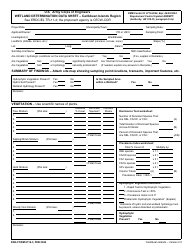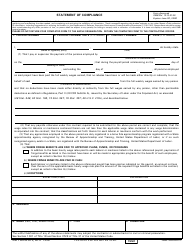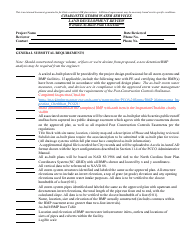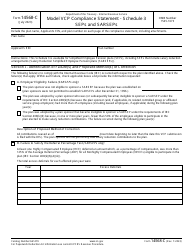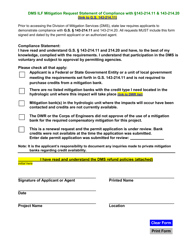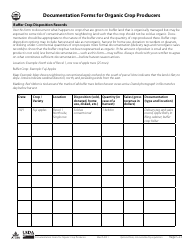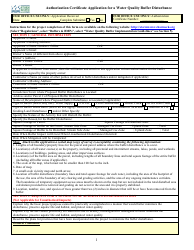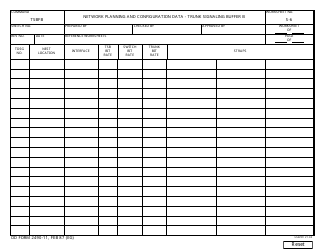Compliance With Wetland & Buffer Regulations - North Carolina
Compliance With Wetland & Buffer Regulations is a legal document that was released by the North Carolina Department of Environmental Quality - a government authority operating within North Carolina.
FAQ
Q: What are wetland regulations in North Carolina?
A: Wetland regulations in North Carolina are rules and requirements set by the state to protect and preserve wetland areas.
Q: What are buffer regulations in North Carolina?
A: Buffer regulations in North Carolina are rules that require the maintenance of vegetated buffers along streams, rivers, and other water bodies to protect water quality and prevent erosion.
Q: Why are wetland regulations important?
A: Wetland regulations are important to protect the unique ecosystems and wildlife habitats that wetlands provide, as well as to maintain water quality and prevent flooding.
Q: Do I need a permit to alter wetlands in North Carolina?
A: Yes, you generally need a permit from the North Carolina Department of Environmental Quality (DEQ) to alter wetlands in the state.
Q: What activities require a buffer in North Carolina?
A: Activities such as construction, land clearing, and development that occur within a designated buffer area require compliance with buffer regulations in North Carolina.
Q: What is the purpose of buffer regulations?
A: The purpose of buffer regulations is to protect water quality by filtering pollutants, controlling erosion, and providing a habitat for aquatic wildlife.
Q: What is the penalty for non-compliance with wetland and buffer regulations?
A: Non-compliance with wetland and buffer regulations in North Carolina can result in fines and enforcement actions by the regulatory agencies.
Form Details:
- The latest edition currently provided by the North Carolina Department of Environmental Quality;
- Ready to use and print;
- Easy to customize;
- Compatible with most PDF-viewing applications;
- Fill out the form in our online filing application.
Download a printable version of the form by clicking the link below or browse more documents and templates provided by the North Carolina Department of Environmental Quality.
